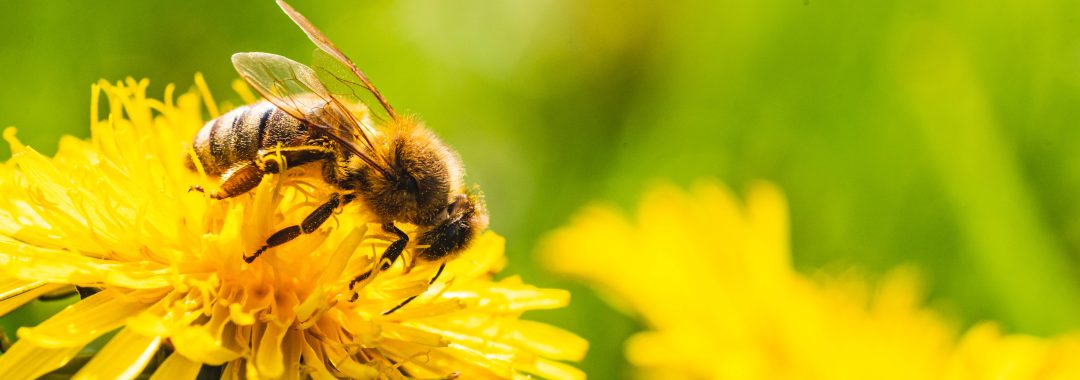On 20 May, we celebrate World Bee Day, highlighting the vital role bees have in ecosystems and agriculture. In the Czech Republic, the Veterinary Research Institute (VRI) plays an active role in researching bee health, with a particular focus on diagnosing and preventing viral diseases affecting bees. By employing polymerase chain reaction (PCR), they aim to quantify the viral load present in bee colonies. Among the targeted viruses are the deformed wing virus, sacbrood virus, acute and chronic bee paralysis viruses, and the black queen cell virus. A high viral load may lead to independent diseases or reduce the colonies' resistance to other pathogens, consequently deteriorating their overall health.
VRI collaborates on research projects focused on controlling bee diseases and promoting sustainable beekeeping with other institutions, such as Masaryk University, Palacký University, and the Bee Research Institute at Dol. The acquired knowledge about bee immunology and physiology is shared with beekeepers so they can adjust their management practices and reduce colony losses. One way this knowledge is shared is through professional workshops organized under the VRI ACADEMY.
The second area where efforts to support healthy beekeeping are directed toward practical applications involves the development of probiotic cultures to improve bee well-being and natural resilience. These activities are carried out, for example, through the project of the National Centre for Biotechnology in Veterinary Medicine.
The work of the VRI contributes to the protection of bee health, and thereby to the preservation of biodiversity and food security. World Bee Day aims to emphasize the importance of these pollinators and the vital role of scientific research in their protection.


